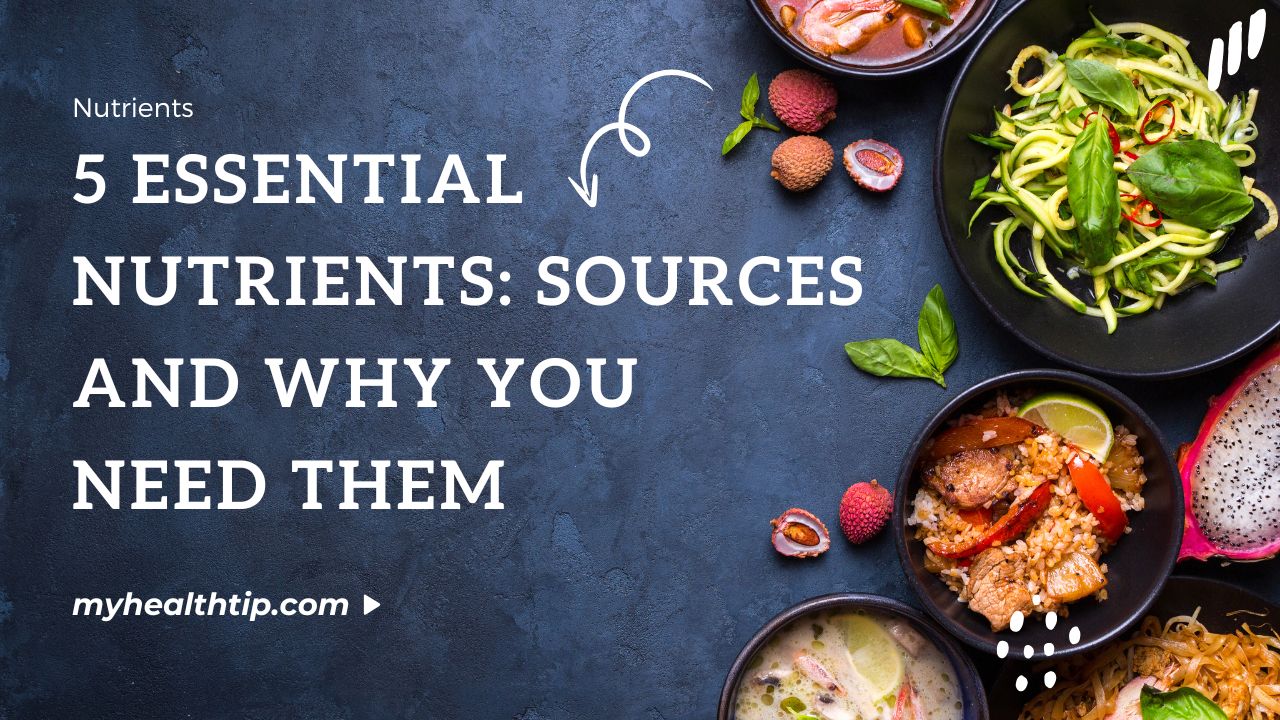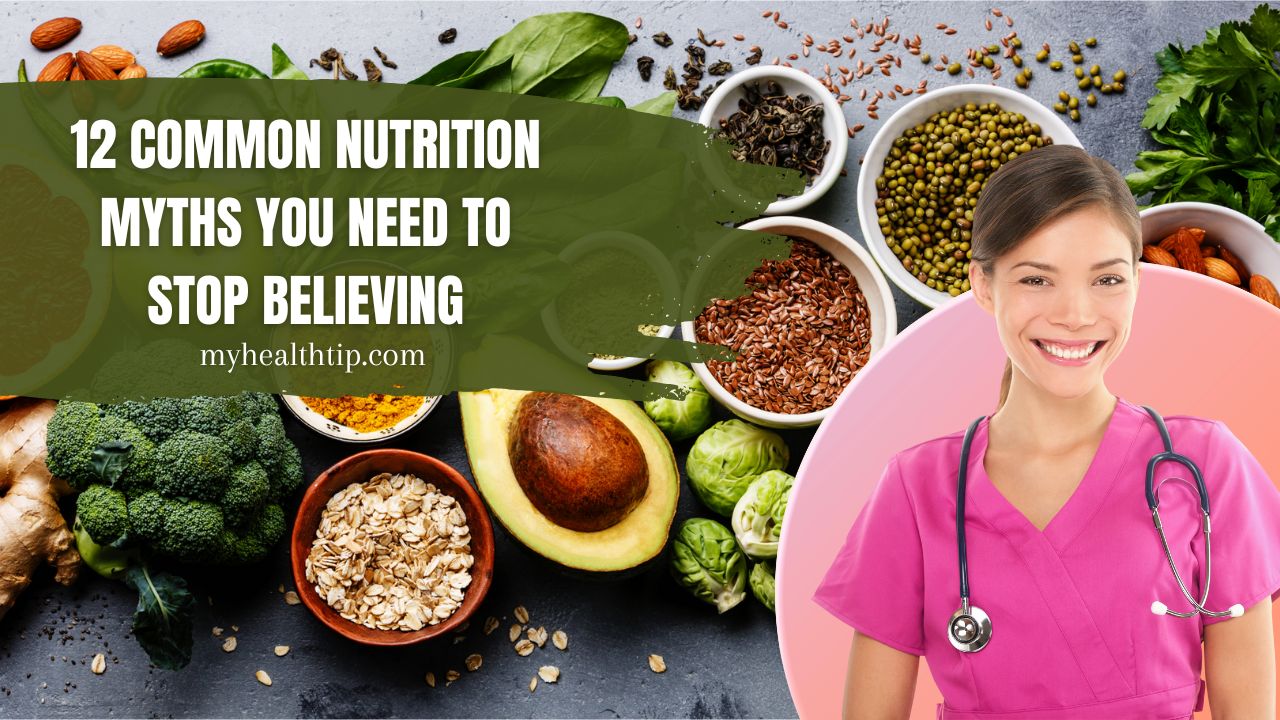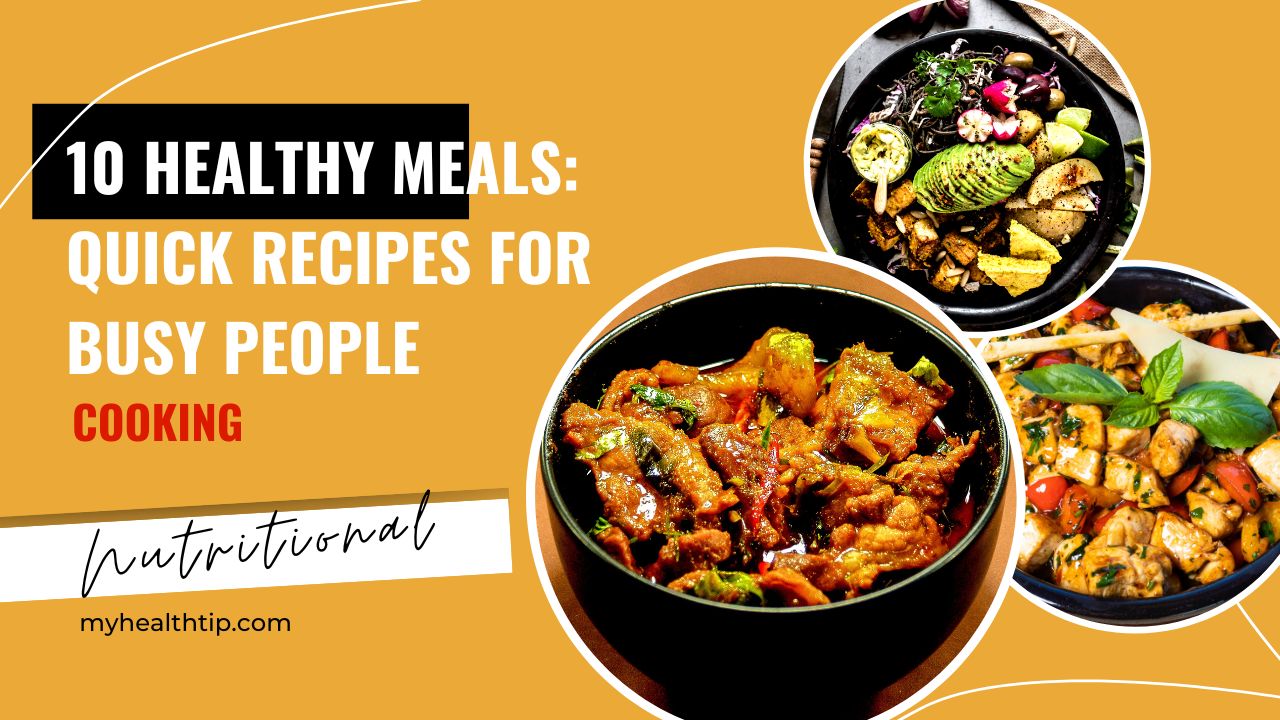In India, getting all the essential nutrients is key for good health. These nutrients help build strong bones and give us energy for the day. Let’s dive into why these nutrients are important, where to find them, and why they’re crucial for a healthy diet.

Table of Contents
Key Takeaways
- Understand the five essential nutrients and their importance in the Indian diet
- Discover the best food sources for each nutrient to meet your daily requirements
- Learn how these nutrients contribute to overall health and well-being
- Recognize the potential consequences of nutrient deficiencies
- Gain insight into incorporating a balanced, nutrient-rich diet into your lifestyle
Understanding the Fundamentals of Essential Nutrients
Exploring macronutrients and micronutrients can seem overwhelming. Yet, knowing their basic roles is key to better health. Macronutrients like proteins, carbs, and fats give us energy for our body’s needs. Micronutrients, including vitamins and minerals, are vital for many body functions.
The Role of Nutrients in Body Function
Nutrients do more than just fuel us; they help our body work right. Proteins fix and grow tissues, carbs power our cells, and fats help us absorb certain vitamins. Vitamins and minerals, like iron and calcium, keep our blood, bones, and immune system strong. Knowing how these nutrients work helps us make better food choices for our health.
How Nutrients Support Overall Health
- Proteins help build and repair tissues, supporting muscle growth and maintenance.
- Carbohydrates provide us with the primary source of energy, fueling our cells and supporting physical and mental performance.
- Fats play a crucial role in the absorption of fat-soluble vitamins and the production of hormones, contributing to overall hormonal balance.
- Vitamins and minerals support a wide range of physiological processes, from immune function to bone health and beyond.
By getting the right mix of macronutrients and micronutrients, we help our body function at its best. Learning about essential nutrients is the first step to making smart food choices for our health.

Proteins: Building Blocks of Life
Proteins are key to our bodies, helping with muscle growth and repair. They are one of the three main nutrients, along with carbs and fats. Proteins are made of amino acids, which our bodies use for many important tasks.
Eating a diet full of protein sources is vital. It helps keep muscle mass, boosts the immune system, and aids in enzyme production. In India, we have many animal-based and plant-based protein sources. These help us get the amino acids we need every day.
Protein-Rich Foods in the Indian Diet
- Lean meats, such as chicken, turkey, and fish
- Eggs, which are a complete protein source
- Dairy products, including milk, yogurt, and cheese
- Legumes, such as lentils, chickpeas, and kidney beans
- Nuts and seeds, including almonds, walnuts, and chia seeds
- Soy-based foods, like tofu and tempeh
Adding a variety of protein-rich foods to our meals is good for muscle health. Whether you like vegetarian protein or animal-based foods, there are many tasty and healthy options.
| Protein Source | Protein Content (per 100g) |
|---|---|
| Chicken Breast | 31g |
| Lentils | 9g |
| Tofu | 8g |
| Almonds | 21g |
| Eggs | 13g |
Knowing how important proteins are helps us eat right. By choosing a variety of protein-rich foods, we give our bodies the amino acids they need. This keeps our muscle health in top shape.
“Protein is the building block of every cell in the human body. It’s essential for growth, repair, and maintenance of all tissues.”
Carbohydrates: Your Body’s Primary Energy Source
Carbohydrates are the body’s main energy source. They power our cells, organs, and muscles. It’s important to know the difference between simple and complex carbs for a healthy diet.
Simple vs Complex Carbohydrates
Simple carbs, or “fast” sugars, are quickly absorbed. They can cause a rapid spike in blood sugar. Foods like white bread, pastries, and soda are examples.
Complex carbs, or “slow” sugars, are digested slowly. They provide steady energy. Good sources include whole grains, legumes, and starchy vegetables.
The glycemic index shows how quickly a food raises blood sugar. Foods with a high index, like white rice and pasta, can cause energy crashes. Opt for low-glycemic foods, rich in fiber and whole grains.
Best Sources of Healthy Carbs
The quality and source of carbs are key. Some top Indian staple foods include:
- Whole wheat and millets like ragi and jowar
- Legumes like chickpeas, lentils, and beans
- Starchy vegetables like sweet potatoes and pumpkin
- Oats, quinoa, and brown rice
Eating a variety of these carbs can keep energy levels steady. It also supports gut health and overall well-being.
Essential Fats and Omega-3 Fatty Acids
Essential fats, especially omega-3 fatty acids, are key to a healthy life. They are vital for brain function and heart health.
Omega-3s are found in fatty fish, nuts, and seeds. They lower triglycerides, reduce inflammation, and boost brain function. Adding them to your diet is smart for your health.
Indian cuisine has many oils rich in healthy fats. Mustard oil, sesame oil, and flaxseed oil are full of omega-3s. They are great for your body and mind.
“Healthy fats are essential for brain health and cardiovascular function. Incorporating them into your diet is a simple yet impactful step towards a healthier lifestyle.”
A diet full of omega-3 benefits strengthens your immune system and brain. It also lowers the risk of chronic diseases. Try the Indian cooking oils for more healthy fats and better health.
Vitamins and Minerals: Micronutrients Your Body Needs
Vitamins and minerals are key to our health. We need them in small amounts but they’re vital. They help our immune system, skin, and hair stay healthy.
Water-Soluble vs Fat-Soluble Vitamins
Vitamins fall into two groups: water-soluble and fat-soluble. Water-soluble vitamins like vitamin C and B-complex are easily absorbed. Fat-soluble vitamins A, D, E, and K need fats to be absorbed and stored.
Key Mineral Requirements
- Calcium – important for strong bones and teeth, and for muscles and nerves.
- Iron – needed for making red blood cells and carrying oxygen.
- Magnesium – helps with over 300 body functions, including muscle and nerve health, and energy.
- Zinc – vital for a strong immune system, healing wounds, and using antioxidants.
Many Indian spices are packed with good nutrients. They help our bodies absorb more minerals and vitamins. Adding these spices to our food boosts our diet’s nutritional value.
“Micronutrients are the unsung heroes of our health, quietly working behind the scenes to support our bodies in countless ways.”
| Vitamin | Main Functions | Good Sources |
|---|---|---|
| Vitamin C | Immune function, antioxidant protection, collagen production | Citrus fruits, peppers, broccoli, kiwi |
| Vitamin B6 | Red blood cell formation, protein metabolism, nerve function | Poultry, fish, whole grains, Indian spices |
| Vitamin D | Bone health, immune system support, calcium absorption | Fatty fish, egg yolks, fortified foods |
nutrients,sources,need: Complete Guide to Daily Requirements
For optimal health, knowing our daily nutrient needs is key. The Recommended Dietary Allowance (RDA) helps us understand what our bodies need. This guide will cover RDA, nutrient density, and balanced diets, focusing on Indian guidelines.
Unlocking the Power of RDA
The RDA gives us guidelines for essential nutrients like proteins, carbs, fats, vitamins, and minerals. It’s tailored for different ages and genders. Following the RDA helps support our health and well-being.
Nutrient Density: The Key to a Balanced Diet
Nutrient density is vital for a balanced diet. It shows how much nutrition a food has compared to its calories. Eating nutrient-dense foods helps us get the nutrients we need without too many calories. This is especially important for following Indian dietary guidelines.
Applying the Indian Dietary Guidelines
The Indian Dietary Guidelines help us eat healthily. They suggest eating a variety of local, seasonal foods rich in nutrients. Following these guidelines helps us meet our nutrient needs while enjoying Indian culture and food.
| Nutrient | RDA for Adults | Best Sources |
|---|---|---|
| Protein | 0.85 g/kg body weight | Lean meats, poultry, fish, eggs, legumes, nuts, and seeds |
| Carbohydrates | 45-65% of total daily calories | Whole grains, fruits, vegetables, and legumes |
| Total Fats | 20-30% of total daily calories | Avocados, nuts, seeds, and healthy oils (e.g., olive, coconut, and sesame) |
| Vitamin C | 75-90 mg/day | Citrus fruits, bell peppers, tomatoes, and leafy greens |
| Calcium | 1,000-1,200 mg/day | Dairy products, leafy greens, and fortified foods |
Keeping a balanced diet is a journey, not strict rules. Understanding RDA, focusing on nutrient density, and following Indian Dietary Guidelines helps us make healthy choices. This nourishes our bodies and minds.
Smart Shopping Guide for Nutrient-Rich Foods
Finding the best foods in the grocery store can seem hard. But, with some tips, we can make better choices. These tips will help you shop smarter for your health.
Reading Food Labels
Knowing how to read food labels is crucial. Look for these important details:
- Serving Size: This shows how much of the product is one serving. It helps us know the nutrients we get.
- Nutrients: Choose foods with lots of good stuff like proteins, carbs, healthy fats, vitamins, and minerals. Stay away from too much sugar, salt, or bad fats.
- Ingredient List: Short lists of real foods are best. Avoid products with lots of artificial stuff.
Budget-Friendly Nutrition Tips
Eating well doesn’t have to cost a lot. Here are ways to save money while eating healthy:
- Opt for Whole, Unprocessed Foods: Foods like whole grains, beans, fresh fruits, and lean meats are cheaper and healthier than processed ones.
- Embrace In-Season Produce: Produce in season is cheaper and full of nutrients. Indian grocery stores have great deals on fresh, affordable foods.
- Shop at Local Markets: Local markets and farmer’s markets offer quality foods at lower prices.
By learning to read labels and using these budget tips, we can eat well without spending too much.

Common Nutrient Deficiencies in India
In India, many people lack essential nutrients, which is a big health problem. These shortages can cause growth issues, make it harder to fight off infections, and increase the risk of chronic diseases.
Iron deficiency is a big issue in India, especially for women and kids. Iron helps carry oxygen in the blood. Without enough, people can feel tired, have trouble thinking clearly, and face health risks during pregnancy.
Vitamin D deficiency is also common in India. Vitamin D is key for strong bones and a healthy immune system. Not enough sun, not enough food, and genetics can lead to this deficiency. It can cause weak bones, muscle weakness, and make people more likely to get sick.
Iodine deficiency is a big worry in India, especially in some areas. Iodine helps the thyroid gland work right, which is important for growth and energy. Without enough iodine, people can get goiter, have thyroid problems, and have trouble thinking clearly, especially kids.
| Nutrient Deficiency | Causes | Consequences |
|---|---|---|
| Iron Deficiency (Anemia) | Inadequate dietary intake Poor absorption Increased demands during growth and pregnancy | Fatigue Reduced cognitive function Increased risk of complications in pregnancy |
| Vitamin D Deficiency | Limited sun exposure Inadequate dietary sources Genetic factors | Increased risk of osteoporosis Muscle weakness Susceptibility to various health conditions |
| Iodine Deficiency | Insufficient dietary intake Geographic variations in iodine availability | Goiter Hypothyroidism Impaired cognitive function (in children) |
To fix these nutrient shortages, we need to do many things. We should eat a variety of foods, fortify foods, and use supplements. By spreading the word and using good strategies, we can help make sure everyone in India gets the nutrients they need.
Seasonal Foods and Their Nutrient Profiles
In India, the seasons change, bringing new fruits and veggies. Eating seasonal produce means we get fresh, tasty food. It also gives us a wide range of nutrients. Let’s look at summer’s superfoods and winter’s must-haves for better health.
Summer Superfoods
Summer brings us juicy mangoes, vibrant papayas, and crisp cucumbers. Mangoes are full of vitamins A and C. Papayas are packed with antioxidants and help with digestion. Cucumbers are hydrating and rich in potassium and magnesium.
Winter Nutrition Essentials
Winter makes us want warm, nourishing foods. This season offers leafy greens, citrus fruits, and root veggies. Leafy greens like spinach and kale are full of vitamins and minerals. Citrus fruits boost our immune system with vitamin C. Root veggies like carrots and sweet potatoes give us energy with their nutrients.
| Seasonal Produce | Nutrient Highlights | Potential Health Benefits |
|---|---|---|
| Mangoes | Vitamins A and C, fiber | Supports eye health, boosts immunity, aids digestion |
| Papayas | Antioxidants, digestive enzymes | Promotes healthy skin, aids digestion, reduces inflammation |
| Spinach | Vitamins A, C, K, and folate, iron, magnesium | Supports bone health, boosts energy, aids in red blood cell production |
| Oranges | Vitamin C, fiber | Boosts immunity, supports collagen production, promotes healthy skin |
Eating seasonal fruits and veggies makes our diets rich in nutrients. Adding these superfoods to our meals is easy and good for our health all year.
Meal Planning for Optimal Nutrient Intake
Creating balanced meals that meet our nutritional needs is a rewarding challenge. A strategic meal planning approach ensures our bodies get the nutrients they need for health. The Indian thali concept is a time-tested guide for making nutrient-rich meals.
To start making balanced meals, here are some tips:
- Include a variety of whole, minimally processed foods in your meals. This means using nutritious recipes with lean proteins, complex carbs, healthy fats, and lots of fruits and veggies.
- Plan balanced meals that include grains, pulses, veggies, fruits, and dairy or plant-based options. This approach follows the Indian thali principles.
- Try different cooking methods like steaming, roasting, or stir-frying to keep nutrients in your food.
- Set aside time each week for meal prep. This helps you stick to your health goals and avoid unhealthy last-minute choices.
| Nutrient | Recommended Daily Intake | Sources |
|---|---|---|
| Protein | 46-56 grams | Lean meats, poultry, fish, eggs, legumes, nuts, and seeds |
| Carbohydrates | 130 grams | Whole grains, fruits, vegetables, and legumes |
| Healthy Fats | 20-35% of total daily calories | Nuts, seeds, avocados, olive oil, and fatty fish |
By following balanced meal planning, we nourish our bodies and appreciate Indian cuisine’s culinary and cultural richness.
Supplements: When and Why They’re Necessary
We all wish we could get all the vitamins and nutrients we need from food. But, many things can lead to nutrient gaps. This is where supplements come in, helping many people get the nutrients they lack.
Vitamin supplements can fill gaps in vitamins like D, B12, and iron. These are often missing in the diets of the elderly, vegetarians, and those with certain health issues. Omega-3 supplements are also key for those who don’t eat enough fatty fish.
It’s important to be careful when choosing supplements. The Indian market has many options, but quality matters. Always talk to a doctor before starting any supplements. They can help you choose the right ones and ensure they won’t harm you.
FAQ
What are the five essential nutrients and why do we need them?
The five essential nutrients are proteins, carbohydrates, fats, vitamins, and minerals. They are crucial for our health. They help with energy, repair, and keeping our immune system strong.
How do nutrients support our body’s metabolic processes?
Nutrients fuel our body’s work. Proteins, carbs, and fats give us energy. Vitamins and minerals help control these processes and keep us healthy.
What are the best sources of protein in the Indian diet?
In India, we find protein in lean meats, eggs, dairy, legumes, nuts, and seeds. These foods help our muscles grow and repair.
What is the difference between simple and complex carbohydrates, and which ones are healthier?
Simple carbs like sugar are quickly digested and raise blood sugar. Complex carbs, like whole grains, are absorbed slowly. They give steady energy and more nutrients.
What are the benefits of including healthy fats and omega-3 fatty acids in our diet?
Healthy fats, especially omega-3s, are good for our brain and heart. They reduce inflammation. We find them in nuts, seeds, avocados, and some oils used in Indian cooking.
What are the key water-soluble and fat-soluble vitamins, and how can we ensure we’re getting enough of them?
Vitamins like C and B-complex are key for energy and immune health. Vitamins A, D, E, and K are important for vision and bone health. We get them from fruits, veggies, and spices.
How can we meet our daily nutrient requirements through a balanced Indian diet?
A balanced diet includes whole grains, legumes, fruits, veggies, dairy, and lean proteins. Following India’s dietary guidelines helps us get all essential nutrients.
What are some budget-friendly tips for shopping for nutrient-rich foods in India?
To save money, read food labels and choose seasonal produce. Opt for whole foods and look for sales on items like lentils and whole grains.





